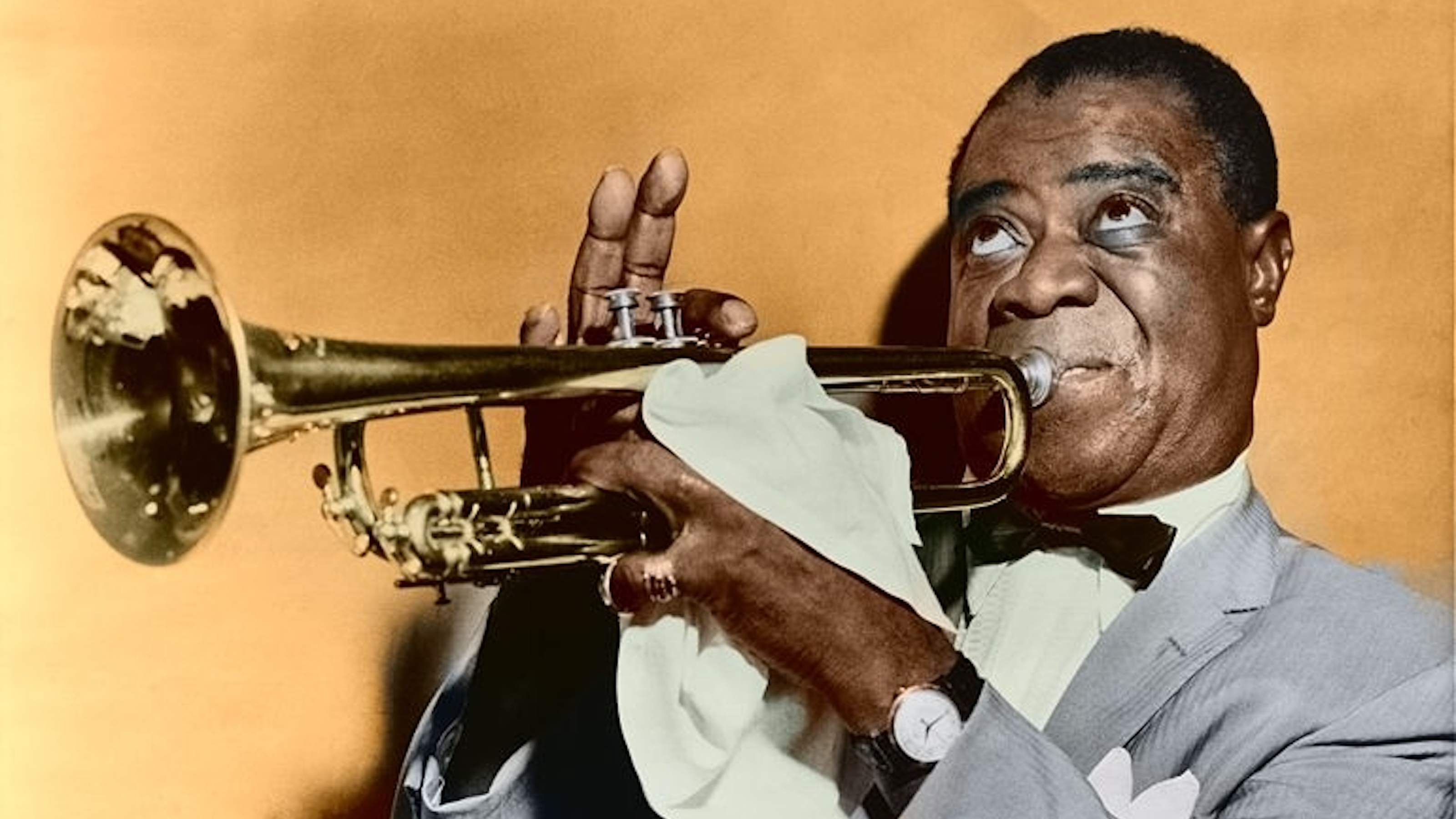Hop on the WAAAAMBULANCE: In Defense of Whining Women

“Whining” is an insult that gets tossed around frequently and casually today, mostly between women. I rarely hear it leveled by men against women, women against men, or by men against men, except when NFL contracts are being negotiated. Then, athletes will occasionally be branded “whining babies” on sports talk shows, with a wailing baby sound effect in the background.
Ironically, the subject to whom the whining criticism really should be directed, and for whom it’s actually descriptive, rarely ever gets accused of whining anymore. That would be your average three-year old who’s melting down in that wailing, high-pitched persistent, tearful tone in the checkout line, “ WHHYYYYYYYY can’t I HAAAVE this CAAANDY… I really, really NEEEED it.” I guess it’s considered too harsh, to explain to your child about the manner of not wailing over a Snickers bar in an irritated crowd.
What are we really saying when we accuse a grown woman of whining?
First, it’s important to note that the alleged whiner is never technically “whining,” or doing the adult equivalent of crying, pounding her fists on the supermarket floor and screaming, “I don’t liiiiike this.”
I’ve spent plenty of nights listening to women bewail their personal lives. True, some do it more artfully, considerately, and entertainingly than others. But in no case did a conversation meet the criteria of whine.
No, the alleged whining women are usually just writing or talking reasonably, contemplatively, and perhaps emotionally and provocatively, about one of the topics that have become Kryptonite to other random women: marriage, career, and parenthood. That pretty much covers it. You’ll rarely hear a woman-on-woman “whine” accusation that’s not attached to one of these topics.
The Whine Police patrol these topics vigilantly, and with a can of rhetorical tear gas in hand. The minute a female author, pundit, or Sheryl Sandberg figure gets to opining on them, the Whine Police sear them with: “WHINY.” Sometimes, they’ll reinforce it with, “SELFISH.”
Unlike complaining, which has a positive and negative valence, and can describe a constructive act (for example, “I complained to the chef about his lethally under-cooked chicken”) whining has no positive attribute at all.
Whining is a slapdash, pre-emptive term of censure. Incurious, the Whine Police refuse to engage in “perspective taking,” which is crucial to moral growth and human understanding. The whining accusation says to the whiner, “You don’t have a legitimate perspective on your own life, because I don’t understand what could possibly be wrong with it, from my perspective or value system, so your complaint and topic is invalid, ipso facto.”
Actually, it’s a rather breathtaking arrogance. While the Whine Police presume to call out the selfishness of the whiner, they actually reveal their own solipsism. They’re so self-absorbed that they can’t imagine that another woman’s perspective might meaningfully differ from their own.
I’m defending whining because I’ve seen how it’s been deployed inaccurately, and with such throbbing, visceral contempt, by women against women in the last 20 years. It’s a favorite bludgeon in the war between women.
Among other things the term has become shorthand to express class differences, as women’s lives have diverged, post-liberation, without actually having to confront them, or name them. It’s a way of encapsulating in one muzzling invective, “you have so much. You are [FILL IN THE BLANK HERE: More Successful, Prettier, Richer, Happier, Smarter, Funnier, Famous, More Powerful, More Popular…] than I am. So shut up.” This can’t be constructive.
Mostly, though, it’s become a way to prevent exploration beneath the surface veneers of happiness, or the status quo. Whining is like nails on the blackboard of our national optimism and addiction to the bright side thinking.
Is there any way that a woman might bring up personally revelatory provocations about marriage, work, parenting, or any meaningful, personal topic, without it potentially getting called a whine; without hundreds of women hating on her for it? Not really. The utility of “whining” is that it’s a null set—containing nothing and therefore potentially everything.
I once asked a friend what she thought of the book Loving Frank. “She left her children,” my friend said. “That’s whiny.” Case dismissed. The conversation ended.
One of the biggest whiner witch hunts that I can remember happened years ago, in 2001, when Naomi Wolf talked about her mixed feelings about motherhood on Oprah. The show generated more response than any other. The response, both literal and figurative, was this: Wolf, you’re a “selfish whiner.” Shut up.
Wolf wasn’t actually whining. She was simply describing her inner world of conflicted emotions about motherhood, presumably with the thoroughly American goals that it would sell books, enhance her fame, and perhaps help a reader or two, probably in that order. Whatever one might think of her efforts, by no toddler-approved standard was Wolf whining.
On a smaller scale I got the same thing from an email a few years ago, when I published Marriage Confidential. The emailer hadn’t read my book, but she was bitterly certain that if she ever did read it, she’d shelve it in the section called “Whiny Books Written by Rich People.”
The phrase grew on me. I once described my book using it (while a wee bit inebriated) much to my acquaintance’s delight. And shelving my book in “Whiny Books Written by Rich People” would be more accurate than its current, outrageous mis-shelving in “Self-Improvement.”
Here’s the problem: The Whine Police have discredited a line of discourse that used to be an important staple of feminist “consciousness raising”—earnest discussion of the ups and downs and inequalities and glitches of personal and private life, even among otherwise high-functioning women. This CR discussion usefully sought after political solutions, but it began simply with talking, and listening.
So I’ll be a whiner, and proud of it. I’ll listen to whining, too. Hop right on board the waaambulance. Do you want to bitch about modern marriage? Want to “whine” about how the contemporary standards of “attachment” motherhood are driving you crazy and feel vaguely misogynistic? Want to drone on about how erotic life got so boring after decades with the same partner, and can’t we do things differently? Whine away. I’m your vehicle, baby.
In your whining, there’s a seed of fruitful change, somewhere. And how else do we figure out what works, if we don’t even listen to the cranky questions?





